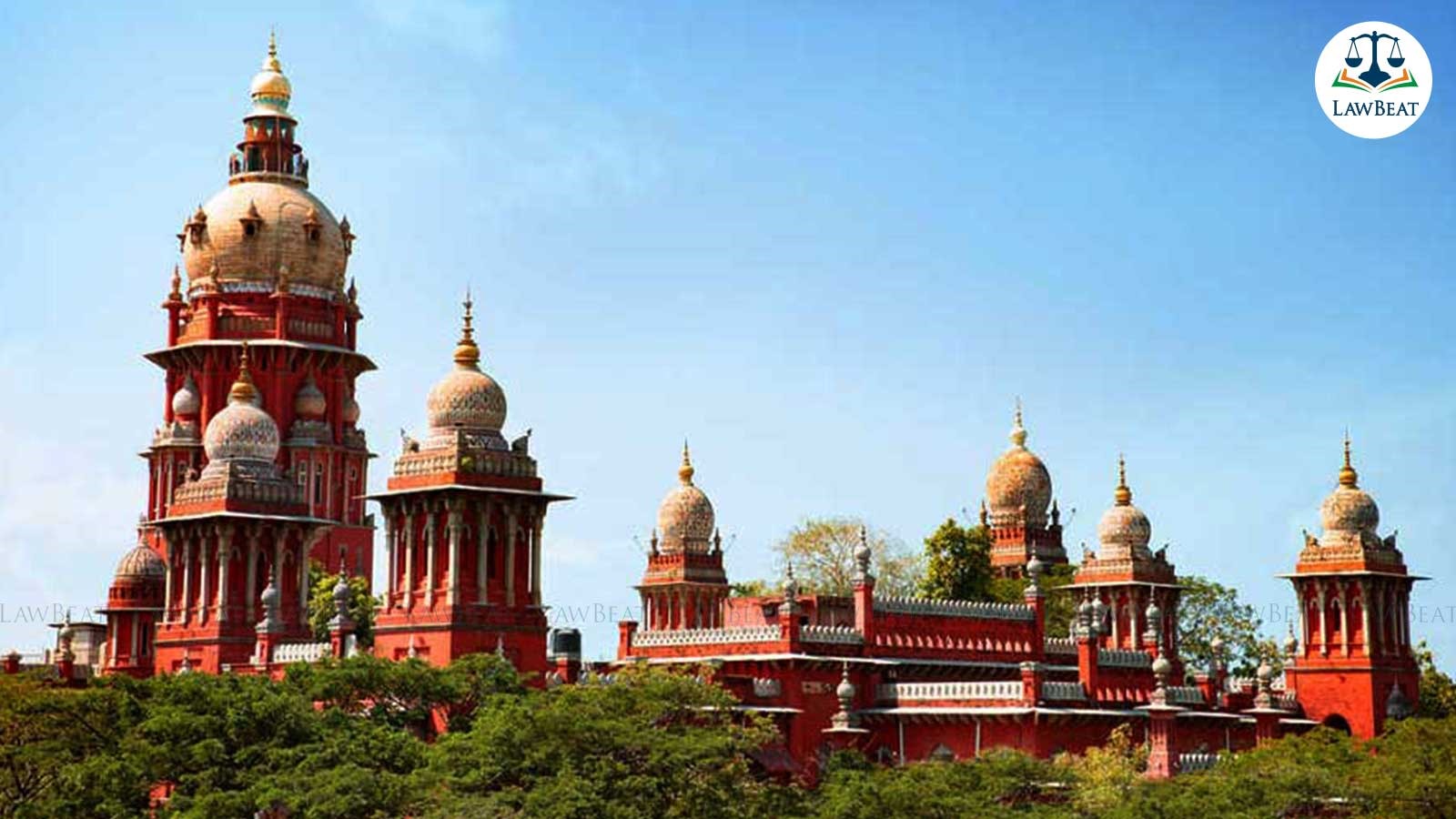Madras High Court Orders State to Appoint 410 Teachers Who Qualified TET Between 2013-2017

The Madras High Court has directed the state government to complete the teacher appointment process initiated in 2017, directing the recruitment of 410 candidates who cleared the Teacher Eligibility Test (TET), before proceeding with a 2023 notification.
A division bench of Acting Chief Justice R Mahadevan (since elevated to the Supreme Court) and Justice Mohammad Saffiq passed the order in a bunch of writ petitions filed by 410 candidates who passed the TET and underwent certificate verification between 2013 and 2017, however, they were not appointed. Even some of them were waiting for an appointment for more than a decade.
The bench ruled in the order dated July 10, "All the writ petitions are allowed with a direction to the State Government to continue the process of appointment left midway in 2017, insofar as the petitioners are concerned and appoint them as Secondary Grade Teachers, or Graduate Assistants as the case may be, as expeditiously as possible, without causing any further delay."
Furthermore, the court specified that the appointment of these 410 candidates should be based on their respective merit/ranking as per the weightage method and their TET scores, applying the rule of reservation accordingly.
The petitioners' grievance was that at the time when they appeared for the TET examination, the methodology adopted was to ensure that those candidates who passed TET would be appointed after their educational testimonials were verified, however, this methodology was vitiated and as per a government order issued by the School Education (TRB) in 2018, for appointment passing a competitive examination is necessary.
They argued that the government issuing the said government order, seeking to introduce competitive examination without specifying a cut off date for application, is arbitrary.
The Government cannot dispense with the selection already made by conducting a competitive examination by resorting to another such examination...The Government did not take steps to accommodate the writ petitioners first, especially when they have undergone the due selection process resorted to by the Government and thereby made them wait for years together to get their appointment orders. The legitimate expectation of the petitioners to get selected and appointed to the post of Secondary Grade Teachers or BT Assistants is defeated by virtue of the impugned Government Order, the counsel for the petitioners contended.
The counsel asserted that when the writ petitioners have already passed TET in the year 2013, they cannot be compelled to write the competitive examinations along with the candidates who are yet to pass the TET examination.
The court agreed with this viewpoint, noting that the state's actions were arbitrary, unreasonable, and contrary to the doctrine of legitimate expectation, thus infringing on the petitioners' fundamental rights under Articles 14 and 16 of the Constitution.
The TET-score based appointment system was introduced following the implementation of the Right to Education (RTE) Act. Although the recruitment process began in 2013 and was completed in 2017, the actual appointments were never made. The government later issued an order in 2018 for appointing teachers through a competitive examination, which prompted the 410 candidates to seek legal recourse.
Based on the 2018 GO, the Government conducted the TET examination from February 3, 2023, to February 12, 2023, and based on the same, the selection is likely to be made to the post of Secondary Grade Teachers and Graduate Assistants. However, the writ petitioners who had passed TET between 2013 and 2017 and completed certificate verification from 2014 to 2018 were excluded from the purview of such selection.
Case Title: M. Parvatham and Others v. State of TN and connected matters
